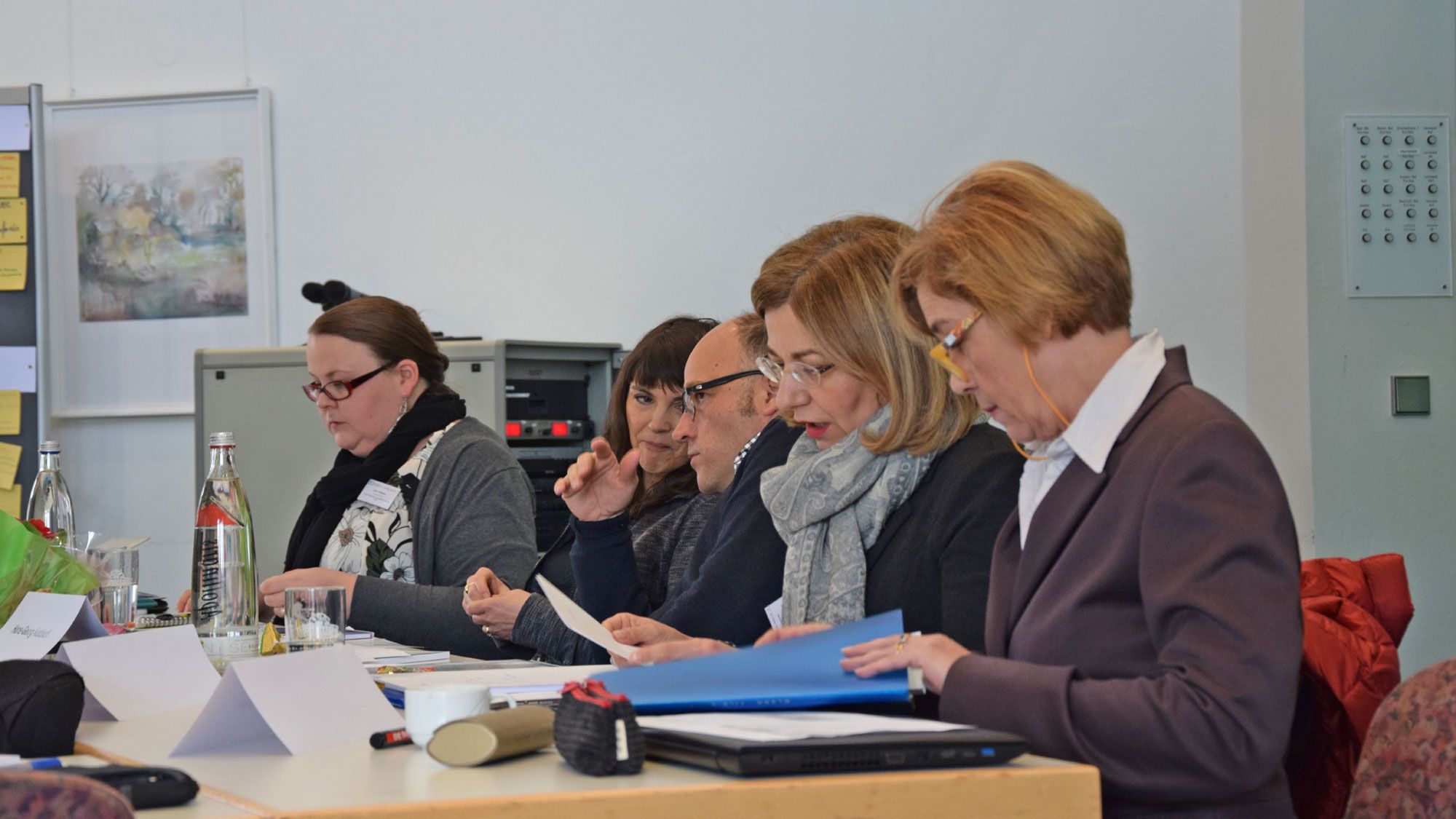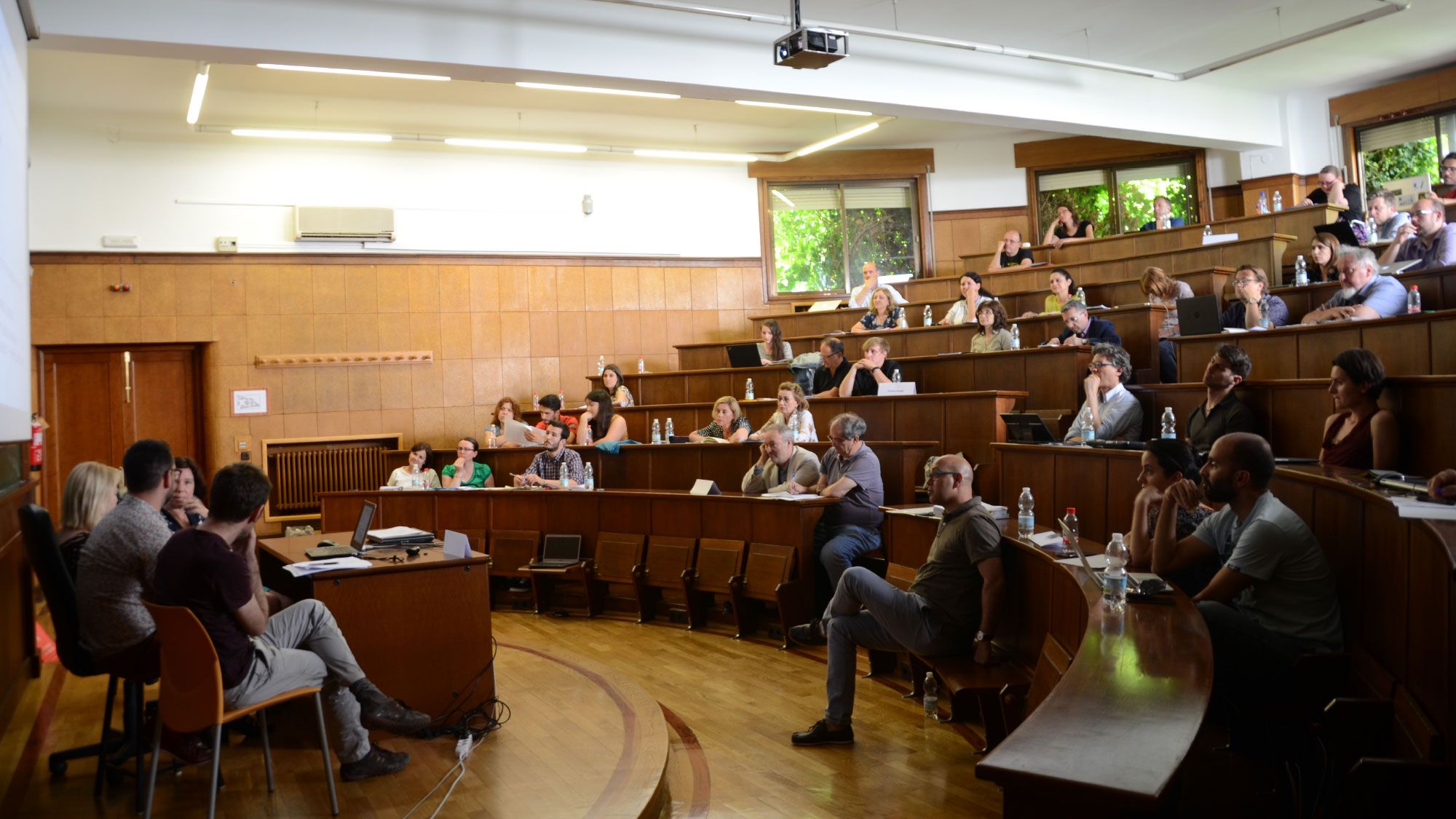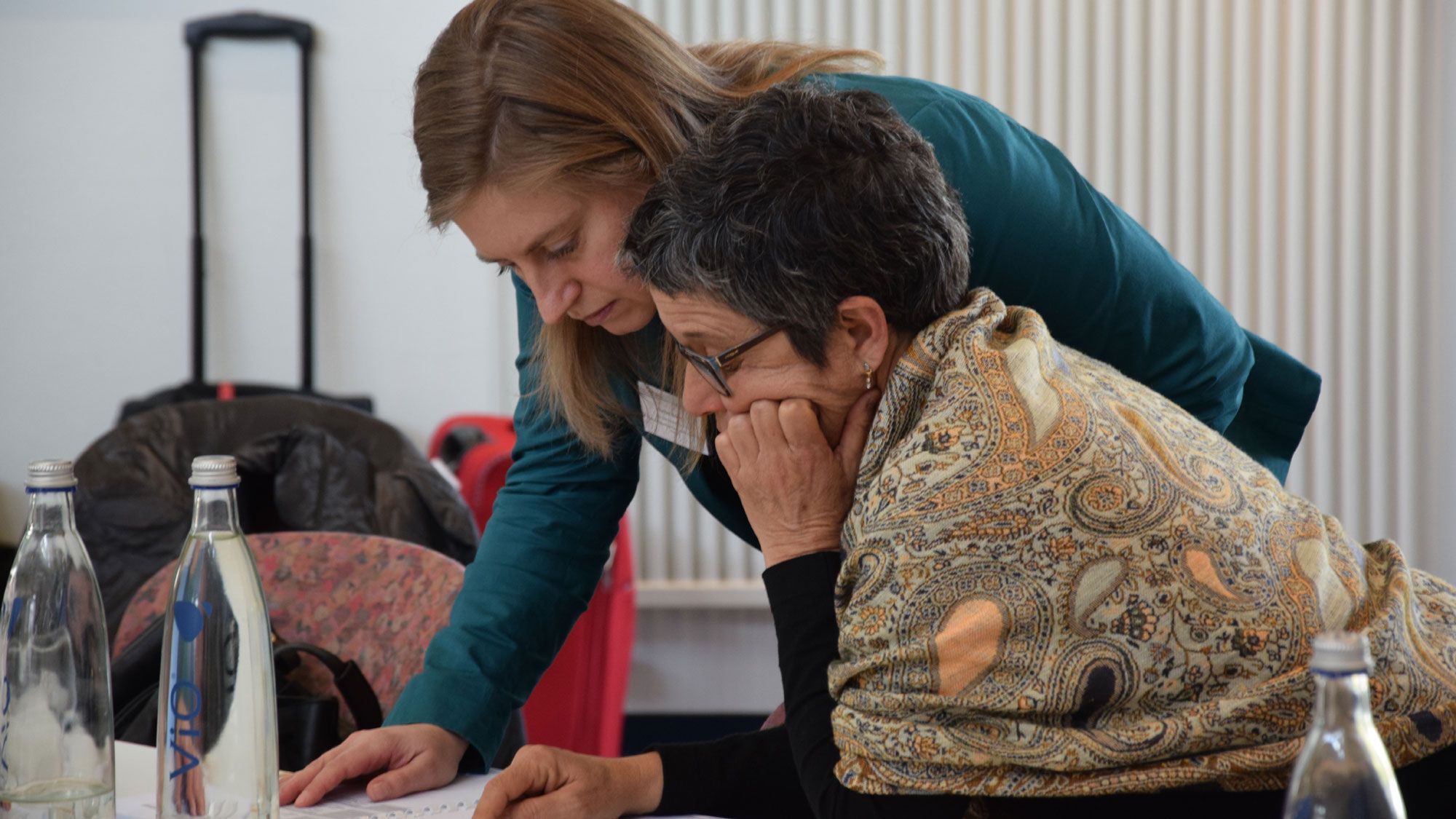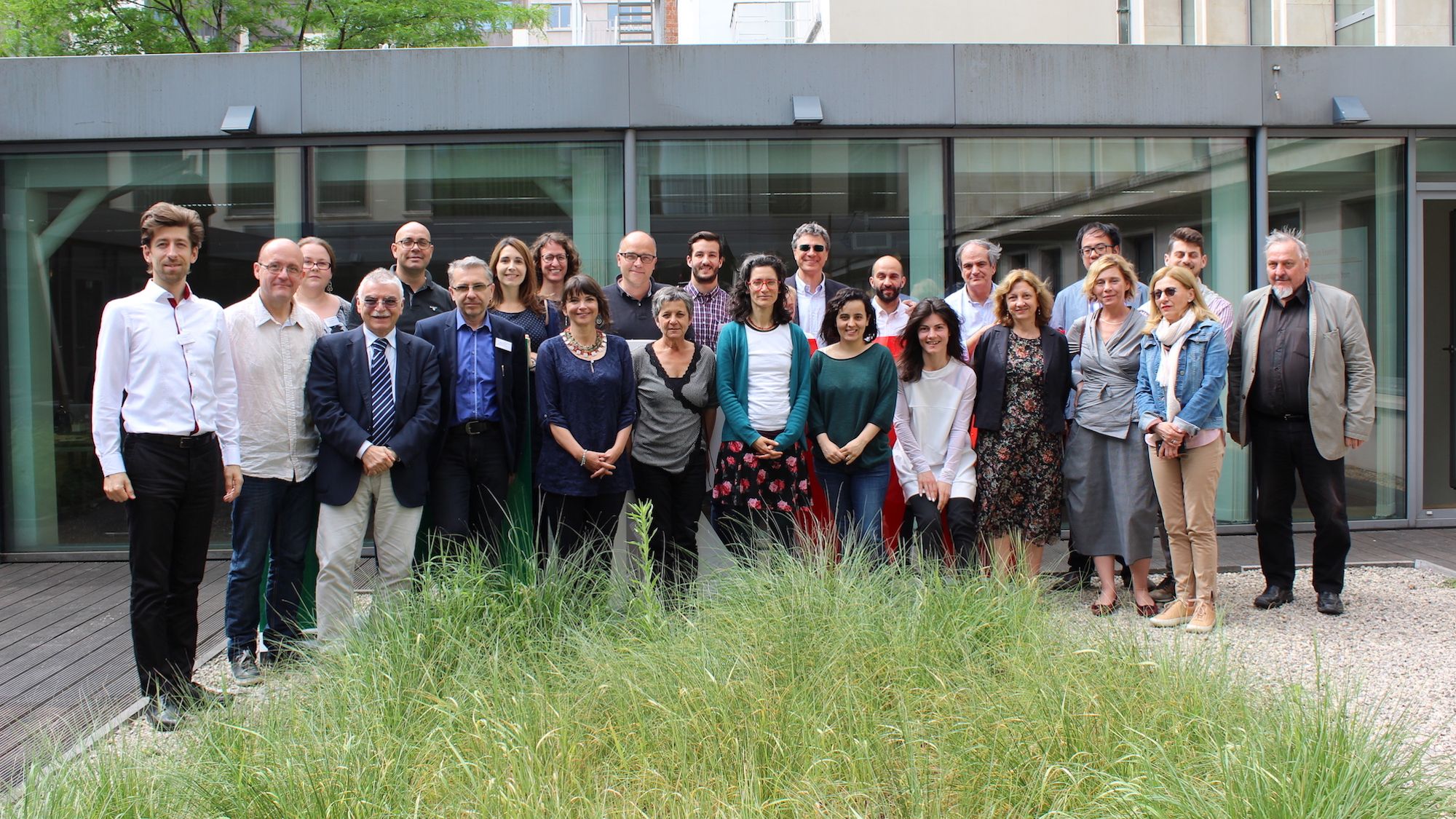Policy Evaluation
Public policies are not single decisions but complex processes whereby the objectives of interventions are formulated, implementation is organised, and effects (intended and unintended) eventually take place. Normally, public policies attempt to foster the well-being of a target population.
Policy evaluation consists of reviewing the design, implementation and results of a policy in order to keep both public opinion and policy-makers informed of its strengths and its weaknesses. According to the European Commission, “evaluation is defined as an evidence-based judgement of the extent to which an intervention has been effective and efficient, been relevant given the needs and its objectives, been coherent both internally and with other EU policy interventions and achieved EU added-value” (European Commission, 2015: 49).
Thus, the official European criterion highlights effectiveness, efficiency and relevance. The effectiveness of a given policy lies in accomplishing the objectives. An efficient intervention is able to convert inputs into results in an economic way. Relevance is the coherence between the objectives and the needs of the target population. In addition, utility is the capacity to eventually cater to the needs of the target population.
In general, experts in policy studies remind of the complexity of the whole policy cycle. The final effects are not the only interesting criterion for evaluation, but the whole journey of formulating objectives, shaping an agenda of issues, decision-making, organising institutions and inter-institutional interventions are also important (Araral, 2013). Particularly, some experts explore the logical connections between the whole set of objectives, and look for evidence of the hypothetical causal effects that the policy is expected to bring about. These hypotheses are commonly labelled as theories of change (Pawson, 2006). Carol Weiss and Rossi, Freeman and Lipsey (2004) make a further distinction between program impact theory, that refers to the causes that can modify the behaviour of the addressees of a policy (also in the perspective of a generative causality underlined by Elster, Coleman and Pawson itself) and program process theory, composed by organizational plan (the implementation process activated by the political responsible of the program) and service utilization plan, referred to the way in which services or goods of the program will be done and delivered to the addressees.
In the YOUNG_ADULLLT project we’ll analyse both the ways in which the institutions responsible of each policy think or try to evaluate it, both the impact of these policies that we can measure using indicators. In a more refined sense, we can also say that analysing what’s a success for every kind of stakeholder can lead us to propose, if necessary, different evaluations of the same policy.
Particularly, policies related to lifelong learning will be described in Word Package 3 and will be taken into account for the further quantitative (WP4), qualitative (WP5) and comparative (WP6) analyses. In coherence with these implications, policy evaluation has to do with many other concepts defined in the Young Adulllt project glossary. To start with, this method will provide some clues to make sense of the political economy of skills and governance. The glossary also equips the project with quite relevant concepts in order to spell out many qualifications that any reference to the target population of lifelong learning policies addressed to young adults may entail. Mostly, this lens of analysis is presented in the entries concerning target groups, early school leavers, young adults, NEETs, ethnicity/ ethnic minorities and migrants.
References
Araral, E. (2013). Routledge handbook of public policy, London, NY: Routledge.
European Commission. (2015). Better Regulation Guidelines. Commission Staff Working Document, SWD(2015) 111 final, Strasbourg, 19.5.2015. Available online: http://ec.europa.eu/smart-regulation/guidelines/docs/swd_br_guidelines_en.pdf.
Pawson, F. (2006). Evidence-based Policy: a Realist Perspective, London: Sage
Rossi, P. H., Freeman, H. E. & Lipsey, M. W. (2004). Evaluation. A Systematic Approach. 7^ ed., Thousand Oaks, Ca.: Sage.
(Xavier Rambla, Mauro Palumbo & Hans-Georg Kotthoff)
























